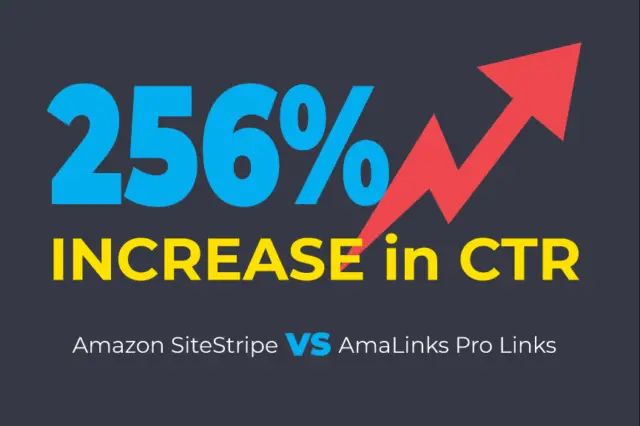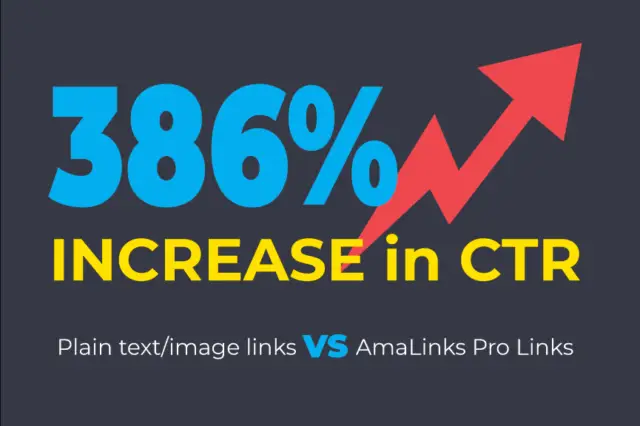
Learn about the Etsy affiliate program.
Etsy was launched on June 18, 2005, by founders Robert Kalin, Chris Maguire, Haim Schoppik, and later, joined by Jared Tarbell. Its inception was the result of a desire to create an online platform where crafters, artists, and vintage sellers could have a unique marketplace tailored to their specific needs, standing apart from broader e-commerce giants. The name “Etsy” was chosen for its catchy sound and uniqueness, although its exact origins remain a subject of speculation.
Unlike other e-commerce platforms that host a vast array of product categories, Etsy’s core proposition revolves around the authenticity and originality of its listings. Sellers on Etsy are often individuals or small businesses who handcraft their goods, giving the site a unique position in the e-commerce world. Over the years, Etsy has grown not just in user base, but also in the diversity of items sold, ranging from jewelry, art, and clothing to furniture, craft supplies, and even digital products.
The platform operates by allowing sellers to set up their own shops, customize their storefronts, list their products, and handle their own pricing. Etsy, in return, charges a listing fee, a transaction fee, and a payment processing fee. This model has proven to be successful, with the platform hosting over 4.36 million active sellers and 90.10 million active buyers by the end of 2020. Additionally, Etsy’s Gross Merchandise Sales (GMS) reached $10.28 billion in 2020, highlighting its significant influence in the online marketplace sphere.
One of the driving factors behind Etsy’s success has been its commitment to fostering a sense of community and trust among its users. Features such as reviews, shop ratings, and direct messaging allow buyers and sellers to communicate directly, building trust and ensuring the quality of transactions. Additionally, the platform frequently updates its tools to make listing, selling, and buying as efficient and user-friendly as possible.
In its quest to stay innovative, Etsy introduced features like “Etsy Payments”, which provides sellers with an array of payment options, ensuring smooth transactions. The site also introduced “Etsy Ads”, allowing sellers to promote their products to a wider audience. To cater to the increasing mobile user base, Etsy released its mobile application, making shopping and selling more accessible on the go.
Etsy’s dedication to sustainable business practices has been another notable aspect of its operations. From ensuring its operations run on 100% renewable electricity to promoting sustainable packaging among sellers, Etsy has showcased its commitment to environmentally-friendly practices.
While Etsy has enjoyed immense success, it has not been without its challenges. As with any platform of its size, the company has faced criticism. One of the primary concerns has been around the platform’s increasing commercialization, with some arguing that mass-produced goods have begun infiltrating the site, diluting its core value of promoting handmade items. There have also been concerns about counterfeit items, reselling, and potential copyright infringements.
Some sellers have raised concerns about fee structures and the challenges of standing out in an ever-growing marketplace. Changes in Etsy’s policies and algorithms often elicit varied responses, with some sellers feeling that such shifts do not always benefit small shop owners.
Regardless of the challenges, Etsy’s impact on the creative economy cannot be denied. By offering a platform for artisans and creatives to reach a global audience, it has democratized the process of selling handmade and vintage goods. Many individuals have turned their hobbies into successful businesses, thanks to the visibility and community that Etsy provides.
The platform has been instrumental in spotlighting the value of handcrafted goods in an age dominated by mass production. By promoting the stories behind the items, Etsy has encouraged a shift towards conscious consumerism, where buyers appreciate the craftsmanship, history, and uniqueness of the items they purchase.
Etsy.com has positioned itself as a powerful force in the online commerce realm. From its origins as a niche platform for handmade goods to its evolution into a global e-commerce giant, Etsy’s journey exemplifies the potential of digital platforms to transform industries and empower individuals.

Miles Anthony Smith
Miles is a loving father of 3 adults, devoted husband of 24+ years, chief affiliate marketer at AmaLinks Pro®, author, entrepreneur, SEO consultant, keynote speaker, investor, & owner of businesses that generate affiliate + ad income (Loop King Laces, Why Stuff Sucks, & Kompelling Kars). He’s spent the past 3 decades growing revenues for other’s businesses as well as his own. Miles has an MBA from Oklahoma State and has been featured in Entrepreneur, the Brookings Institution, Wikipedia, GoDaddy, Search Engine Watch, Advertising Week, & Neil Patel.
For more information about this offer: View the Etsy homepage


